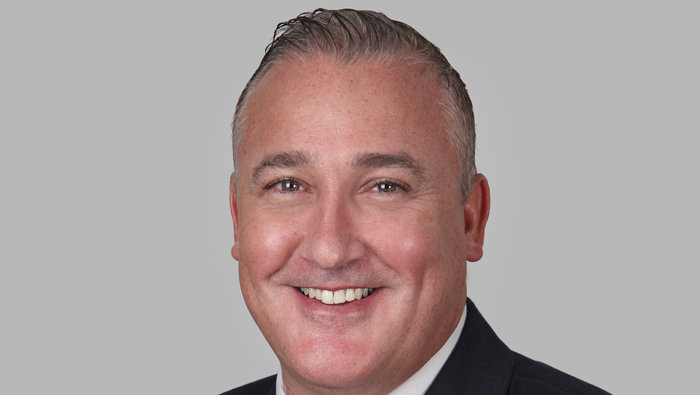
Muscat: Research with international financial advisers, carried out by Old Mutual International, part of Quilter, reveals that 59 per cent of advisers say that their clients are concerned about the Common Reporting Standard (CRS) in some way.
The CRS is an agreement between most of the countries in the world to share information regarding bank accounts with various tax authorities, to help combat tax evasion. The Organisation for Economic Cooperation and Development (OECD) developed the CRS in 2014.
While clients may be concerned about the CRS, advisers said that they themselves either had a good understanding of the Standard (47 per cent), a slight understanding (25 per cent) or a strong understanding (19 per cent). Only 9 per cent of advisers surveyed said they had no understanding at all.
Advisers in the Middle East made up the bulk of respondents to the survey (29 per cent) with this community largely reflecting the views of advisers from around the globe. Just over a quarter (26 per cent) of respondents from the region said their clients are concerned about the safety of their data being sent across the globe and worry about a data leak.
Almost half (48 per cent) of respondents from the Middle East claimed to have a good understanding of CRS with a further 41 per cent saying they had a slight understanding of the standard. Only 4 per cent of advisers in the region said they had no understanding at all with the rest of respondents (7 per cent) saying they had a strong understanding.
Globally advisers say the main reasons why clients are concerned about the CRS are that they don’t understand it (25 per cent) or that they want to simplify the process, with less personal data being shared (22 per cent).
Over a fifth (22 per cent) of international advisers also saidthat clients worry about their personal data being breached. Research shows that in 2017,over2.6 billion records were breached worldwide in1,765 separate incidents. The vast majority of these breaches were caused by malicious outsiders gaining access to the data, but another major cause was accidental loss.
The complexities of the financial affairs of high net worth individuals means that they may have assets held in multiple jurisdictions around the world, the details of which may be shared with multiple tax authorities in a manner that may or may not be sufficiently secure. With each transmission of data, the potential for a breach rises.
“Although it is reasonable that customers are concerned about some of the potential ramifications of the Common Reporting Standard, it is incredibly positive that many advisers feel they have a good understanding of what’s required," Paul Evans, Head of Region, Middle East & Africa, Old Mutual International, said.
“The standard is designed to help combat tax evasion and therefore any customer who is not infringing the rules should feel that they have nothing to worry about," he added.
“It is interesting that concern has been raised about potential data breaches. With the CRS there is a lot of data moving around the world, not necessarily in a secure fashion, and this could lead to devastating consequences if people’s records are compromised. We know that data is at its most vulnerable when it is being transmitted, so it stands to reason that someone with complex financial affairs will want to find ways to mitigate the risks of their personal data being intercepted," he said.
“The data breaches experienced by companies such as Tesco Bank in the UK and Equifax in the US drive home just how badly things can go wrong. If the same thing were to happen to personal data being transferred by tax authorities around the world, the consequences could be exponentially higher," he added.